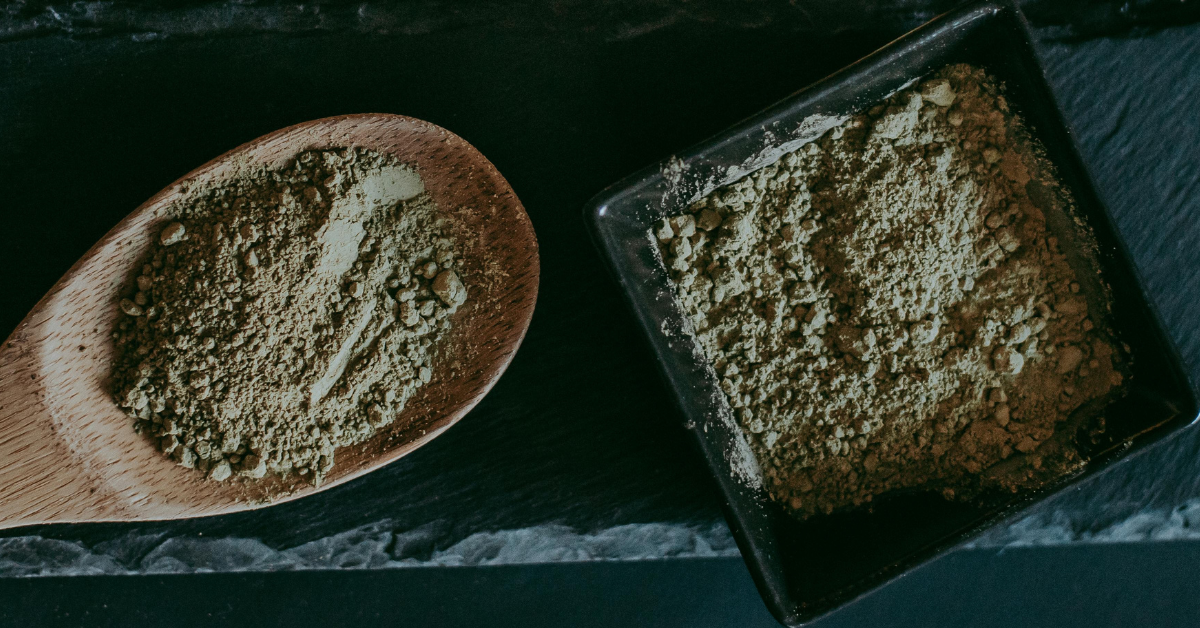Yes, kratom use is considered a relapse in addiction recovery. Despite its herbal origin, kratom possesses psychoactive properties and carries risks similar to other addictive substances. One of the biggest considerations in whether kratom use is considered a relapse is why someone is using it. Are they using kratom as a way to manage chronic pain that isn’t being addressed otherwise? Are they attempting to self-medicate for emotional distress or cravings? Or are they chasing a high?
What Is Kratom?
Kratom is a plant native to Southeast Asia, and its leaves contain compounds that interact with opioid receptors in the brain. In small doses, it can act as a stimulant; in larger doses, it can have sedative and pain-relieving effects similar to opioids. Many people use it to manage pain, anxiety, or opioid withdrawal symptoms. It is legal in some parts of the U.S., although it’s banned in others due to safety concerns.
Addiction and Withdrawal Concerns
Contrary to some beliefs, kratom is not a safe alternative for managing opioid withdrawal. Evidence suggests that rather than treating addiction and symptoms of withdrawal, the use of kratom leads to addiction and withdrawal symptoms. Over time, individuals develop cravings and require the same treatments used for opioid use disorder.
Am I Withdrawing from Kratom?
Kratom (Mitragyna speciosa) contains psychoactive compounds such as mitragynine and 7-hydroxymitragynine that interact with the brain’s opioid receptors. With regular use, your brain can become dependent on these substances, much like it does with opioids or other addictive drugs. When you stop taking kratom after sustained use, your body may go into withdrawal because it has adapted to functioning with the substance present.
Common Clinical Symptoms of Kratom Withdrawal
Withdrawal symptoms from kratom can vary in intensity based on how long and how much you’ve been using. According to clinical observations and reports, common symptoms include:
- Physical Symptoms:
- Muscle aches or body pain
- Nausea or vomiting
- Diarrhea
- Sweating and chills
- Runny nose
- Tremors or restless legs
- Sleep disturbances (insomnia or vivid dreams)
- Psychological Symptoms:
- Anxiety or panic
- Irritability
- Depression or low mood
- Intense cravings for kratom
These symptoms typically appear within 6–24 hours after the last dose and can last anywhere from several days to a week or more, depending on individual factors.
How Recovery Programs View Kratom Use
Different recovery philosophies will view kratom use differently.
- 12-Step Programs (like AA or NA): These programs often define sobriety as complete abstinence from all mood- and mind-altering substances, unless medically necessary and prescribed. Since kratom affects the brain’s opioid receptors, using it even if legal and plant-based could be considered a relapse in this model.
- Harm Reduction or MAT-based Programs: These programs may be more flexible. In harm reduction, the goal is to reduce risk and improve quality of life, not necessarily enforce abstinence. Someone who has transitioned from using fentanyl to kratom, for instance, may be seen as making progress.
- Clinical Treatment Settings: Therapists and clinicians vary, but most look at function over form. If kratom is impairing your ability to function, causing dependency, or leading back to prior addictive behavior patterns, it is seen as a relapse.
Intent Matters: Why Someone Is Using Kratom
If it’s being used recreationally or to escape emotions, especially in ways that mimic past addictive behaviors, most recovery professionals and peer support communities would consider that a relapse.
If it’s being used medicinally or in a harm-reduction framework, some may argue it’s a step away from more dangerous substances. For example, someone trying to taper off heroin or prescription opioids might use kratom as a bridge. Still, this strategy can carry its own risks.
The Importance of Self-Definition and Honest Reflection
At the end of the day, recovery is deeply personal. What matters most is how kratom use fits — or doesn’t fit — with your definition of sobriety and wellness. Is it helping you build a life of purpose, stability, and peace? Or is it bringing back chaos, secrecy, and dependence? Recovery isn’t about perfection. It’s about honesty, growth, and building a life that you don’t feel the need to escape from. If you’re unsure, it’s okay to talk about it with a sponsor, therapist, or peer who won’t judge you but will challenge you to look deeper. The goal isn’t to shame, but to stay anchored in what’s true for your recovery. So, does kratom use count as a relapse? In short, yes. What’s most important is being honest with yourself, informed about the risks, and willing to reach out for guidance when needed. If you’re reading this and struggling with that question yourself, know that you’re not alone. Recovery is a journey sometimes messy, always worth it and questions like this are part of the work.
Kratom Abuse Treatment and Recovery
If you or someone you love has experienced a relapse whether involving kratom or any other substance know that you’re not alone, and support is available. Milton Recovery Centers offers compassionate, evidence-based care to help you get back on track. Our team understands that recovery is a journey, not a straight line, and we’re here to walk alongside you with personalized treatment plans, therapeutic support, and a renewed path to healing. Reach out today to reconnect with recovery.




